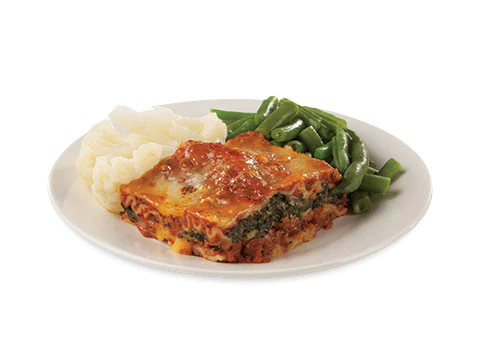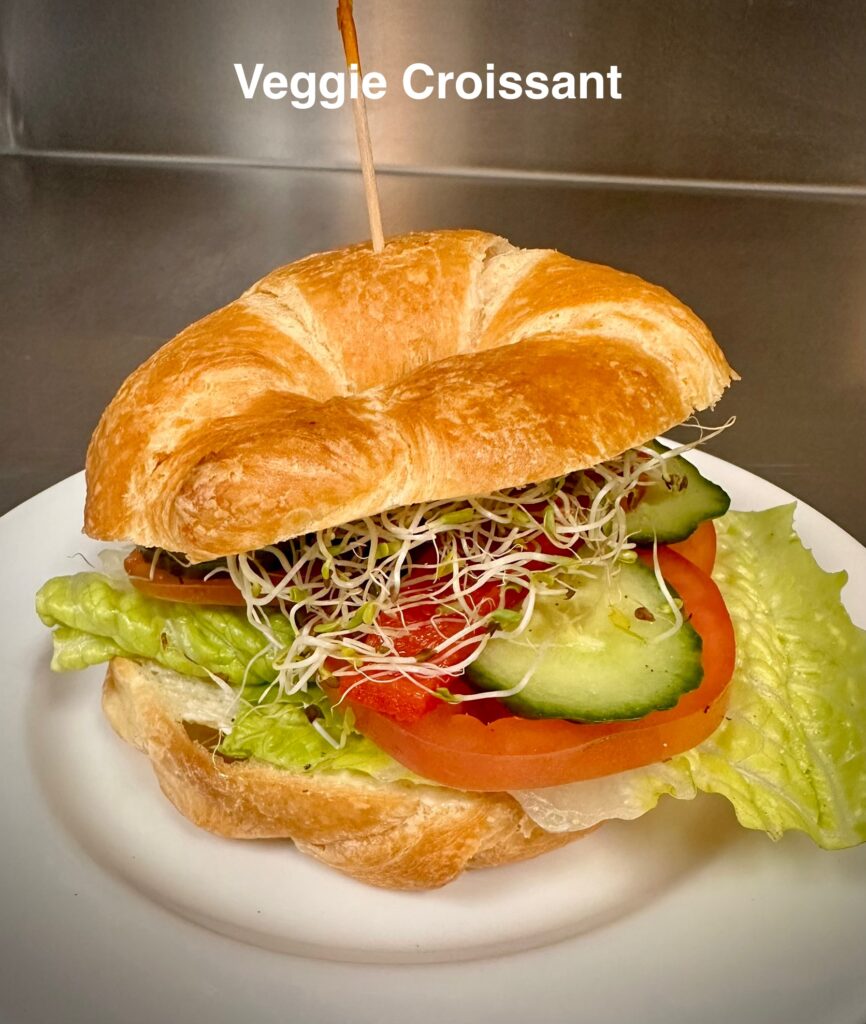Blog
Happy Endings
I like happy endings. I enjoy parties, trips, conversations, and other minutiae of life to end on a good note. Here is some interesting research I came across.
My disclaimer: The research was on young males only. More study is needed but let’s have fun with what we know on the topic.
Here is a simple example. I take a vacation to a warmer winter location for a week. The first 4 days, it was perfect weather, etc. The last 3 days were overcast, raining and cold. A month later, I’d tell people about the disappointing vacation I had just been on.
But if the first 4 days had been a bit bleak with lots of cloud cover and indoor time, while the last 3 days were perfect, I would likely describe it as my wonderful vacation. A bit of bad weather, yes, but I didn’t let that stop me!
Let me make this more practical and vital. Some of you may have been recommended for a colonoscopy, or you know someone who has received a similar medical treatment suggestion. I’ve had two so far.
Suppose you had one previously, and you had a lot of pain towards the end or in recovery. What does the research show you might decide about having a follow-up colonoscopy in a year? Likely delay or avoid entirely. Not good!
These findings aren’t definitive. But they are worth consideration. Simply put, we are prone, hard-wired, if you will, to use our intuition and gut feeling. We are inclined to put too much weight on the latest experience when making decisions with long-term implications.
As an older adult, you can do something about this for yourself and others you love.
First, just pause your quick decision-making. You probably have more time than you think to make the best long-term decision. Take a piece of paper, draw a line down the middle and start bulleting the pros and cons. Nerdy, I know but used judiciously, it can help.
The final test to consider – the sniff test, is this. Is my decision really in my best interest?
Please, give this a bit of a think. Just sit quietly and take your hands off the keyboard or put your phone down. Now think of a specific and critical decision you need to make. Reach back into your memory to identify, if you can, a similar experience. How would you describe it in a couple of words? Good, bad, avoid, or repeat. How much is that reflection based on the ending of the event?
Do the pros/cons thing. You may or may not come to a more precise decision. Hopefully, you’ll be more confident about it. Now run it by somebody who loves you for that final input and consideration.
Lastly, use this approach to help another person. Please, be respectful, and let them guide you as to how much support they want. It is their choice.
I’m curious about your thoughts. Please leave your comment. I read every one.
Photo by Zachary Kadolph on Unsplash
My thanks to St. Albert Seniors Association: 780-459-0433 for making this Blog possible.

Volunteer Blogger:
https//stalbertseniors.ca










Yes I believe we are hardwired but in making important decisions one should avoid making emotional ones. We can’t make a decision without having all the facts and I think it’s always wise to “sleep on it”. Having a person whom we respect and trust to give us feedback is invaluable.
Wise words. Thanks.